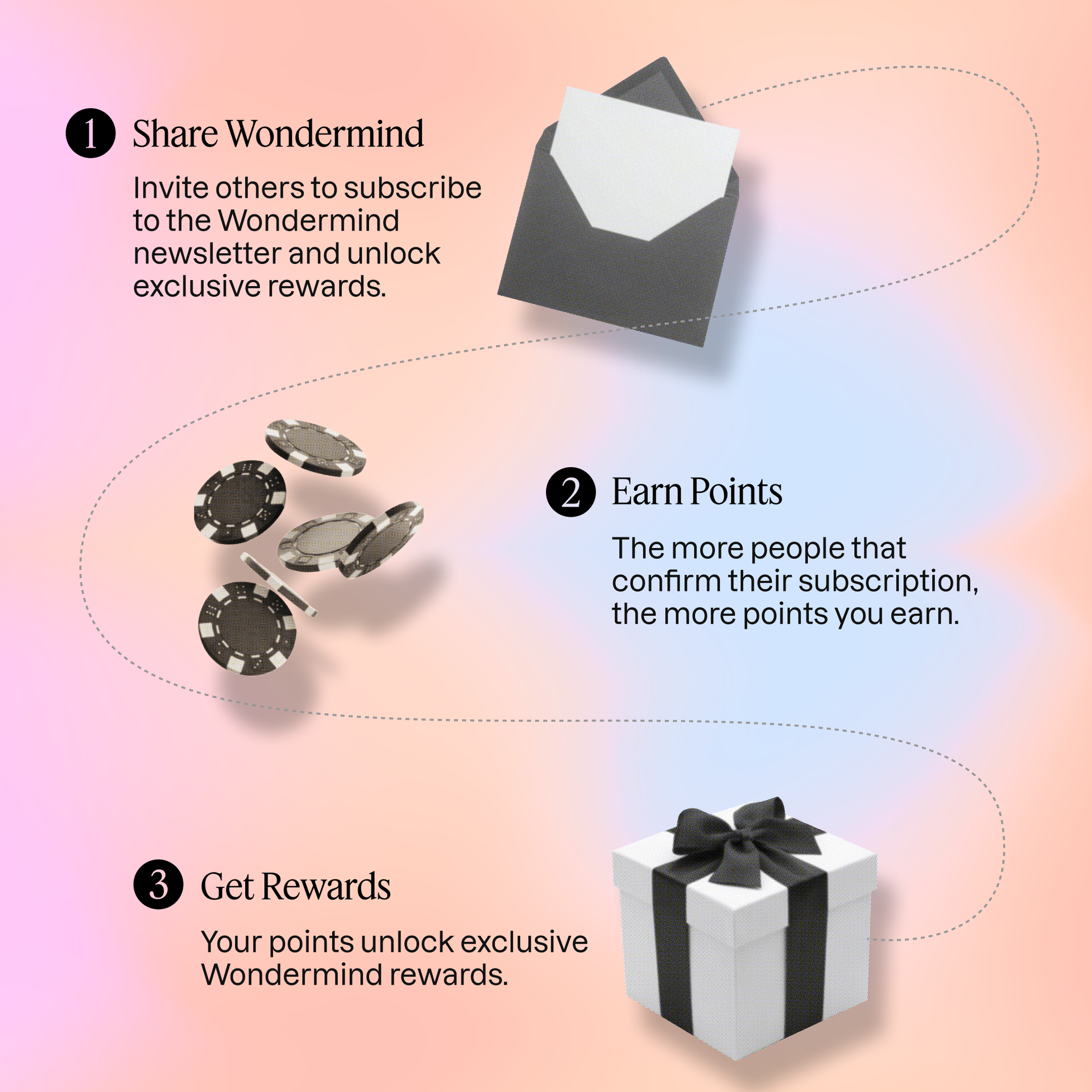I had my first child four months ago, and postpartum was by far the most overwhelming and darkest season of my life. While I was thrilled to finally snuggle with my newborn baby, I wasn't prepared to recover from the birth, deal with hormonal changes, and figure out how to take care of a tiny, precious human—all while running on very little sleep. I also wasn't prepared for what it would do to my mental health.
I knew those first few months would be difficult, sure, but I didn't expect daily crying, questioning whether I made a mistake, and feeling guilty for thinking that way. I thought this should be one of the happiest moments of my life.
I felt alone at the time, but I now know these feelings are really common in new parents. A quick rundown: 1 in 8 new moms struggle with depression in the year after giving birth, per the U.S. Department of Health and Human Services. Those symptoms can also happen during pregnancy (it's called peripartum depression), and researchers have reported that dads can experience them too. Postpartum anxiety is another biggie, with about 17% of women experiencing symptoms post-birth, according to one Canadian study.
Even without a diagnosed condition, most parents could use some assistance—like a lot. And while finding childcare or a quick hand when we need a break is helpful, it doesn't always enable us to take care of our perinatal mental health. Instead, ongoing support and check-ins that focus on us parents—not just the baby—are even more vital. "Parenthood can be isolating, and support is one of the most important protective factors in postpartum," says Jessica Sorensen, LCSW, a reproductive and perinatal therapist.
So if you're trying to help someone who just had or is about to have a baby, here are five actually beneficial ways to lend a hand, according to mental health pros.
1. Focus on the parents' well-being.
Babies are super cute, and it's very understandable if you're just excited to meet and snuggle the new member of your circle. However, the people responsible for this nugget need even more attention. That's because new parents often feel easily dismissed or like the last priority during this time, Sorensen says. Postpartum therapist Robyn Alagona Cutler, LMFT, agrees, adding, "They need to feel seen, heard, and understood."
Making an effort to ask about or just acknowledge your new-to-parenting friends' emotions can go a long way. Be curious about how they're really feeling. The next (and maybe most important part) is listening without giving side-eye or unsolicited advice, Cutler says. When you do, you'll help meet their emotional needs during this challenging and literally life-changing time.










Nema komentara:
Objavi komentar